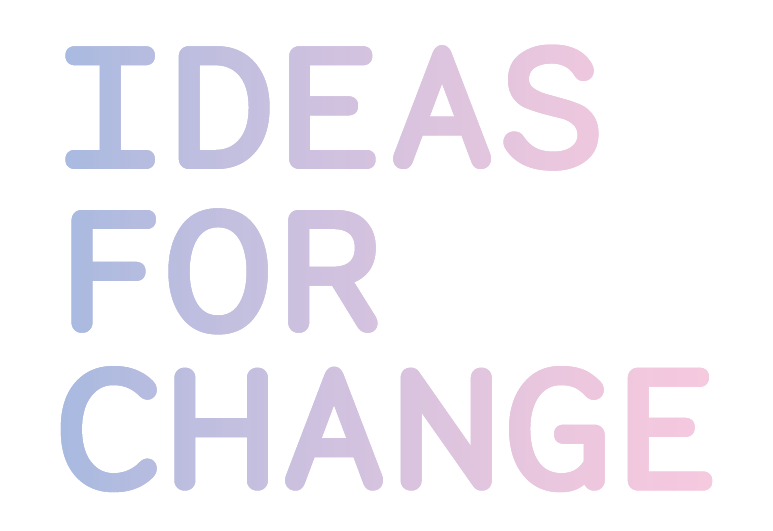Celebrating the #DemoDay: DATALOG presents the platform for visualizing citizen data consumption
By the editorial team
(Originally published in Spanish)
We presented, along with Pompeu Fabra University, how the platform for visualizing citizen data on water, electricity, and gas consumption will look. It will be launched next month as part of the DATALOG project.
Data governance and data altruism are increasingly in the spotlight. Just over a month ago, the European Data Governance Act came into effect, an initiative aimed at increasing trust in data sharing, strengthening mechanisms to increase its availability, and overcoming technical obstacles to its reuse.
In this context of citizen data as a collective opportunity, we presented at the Auditorium of Pompeu Fabra University the data visualization platform of DATALOG, the winning project of the 2022 Proactive City program driven by Bit Habitat.
After a welcome by Michael Donaldson, Commissioner of Urban Innovation of the Barcelona City Council, a panel discussion took place on data altruism and how to collectively interpret data information to generate a common benefit. This panel was moderated by Anna Higueras, project manager at Ideas for Change. The round table featured the participation of Albert Cañigueral, consultant expert in innovation, technology and data, Anna Sàez, responsible for supporting the implementation of the open data governance model of the Generalitat de Catalunya, Manuel Portela, consultant and researcher in urban innovation and data and president of DATALOG, and Javi Creus, founder of Ideas for Change.
Cañigueral contextualized the current situation around data, the digital revolution, data cooperatives, and the importance of solidifying the institutionalization of these initiatives. Creus, on the other hand, focused on viewing data as a collective opportunity and introduced SalusCoop, a data cooperative to promote citizen empowerment through the donation of health data. Anna Sàez, highlighted the role of open data in public administration that meets the needs of citizens with the aim of publishing purposeful data that can be reused. Finally, Portela spoke about the search for alternative ways to promote interoperable data that contribute to urban research and innovation, emphasizing DATALOG, which will create from the data visualization platform a map of electricity, water, and light consumption in Barcelona.
Data governance to legitimize entities that defend these values, the social and personal benefits of these new institutions and data altruism, were some of the most outstanding topics of the debate, along with data journalism and the cultural effect.
Once this first part was concluded, the highlight of the event took place: the presentation of the DATALOG data visualization platform. Vladimir Estivill, professor and researcher at Pompeu Fabra University, showed the demo that will map the energy, water, and gas consumption of the city of Barcelona to be launched next month.
In addition, DATALOG will also have its place during the Barcelona Innova Week that will take place from November 14 to 20. On November 18 at Ca l’Alier, Ideas for Change will organize a participatory session to reflect on the current situation of citizen consumption in the city and how we can immerse ourselves in the world of data in an easy, fun, and educational way.
Finally, it was also announced that: DATALOG is now an association! The first official assembly was held on October 20, and procedures for incorporating new members were determined. In addition, there was a debate on the definition of the protocol, the data advisory board or the ethical model, among other aspects

